As previously discussed in our ‘Incoterms® explained‘ article, Incoterms® are reviewed more or less every ten years, with the latest version being incoterms® 2020. The 2020 revision covers 11 different stages of delivery, with each Incoterm® specifying varying levels of cost, risk and responsibility for an exporter. Incoterms® have nothing to do with payment methods or the point at which ownership passes from the seller to the buyer. They are concerned only with delivery and relate only to the seller and the buyer. This article focuses on the Incoterm® DDP and its implications for the seller.

How does DDP Work?
Every Incoterm® has a critical point where the seller’s risk ends and the buyer’s risk begins. Our Ex-works article explained that EXW has the least risk, costs and responsibility for an exporter. In contrast, Delivered Duty Paid or DDP assigns the most risk, costs and responsibility to an exporter. In terms of the obligations of the buyer and the seller, DDP is the opposite of EXW. Under DDP, the seller is responsible for customs clearance in the exporting country. The seller is also responsible for all the costs and risks associated with transporting the goods from the exporting country to the importing country. In addition, the seller must now clear the goods through customs in the importing country. Under DDP, the critical point at which the sellers’ risks and costs end is only when the goods are customs cleared and unloaded at the named destination in the importing country. DDP, unlike CIF or FOB, can be used for any mode of transport.
When is the Incoterm® DDP Used?
While DDP may seem like the most suitable Incoterm® for your buyer, the level of risk associated with the rule could leave your company extremely vulnerable. DDP is only applicable to exporters who want total control over the entire supply chain and are comfortable with accepting the risks, costs and responsibilities associated with the delivery term. In practice, however, this is rarely the case. DDP is used nowhere near as much as other terms such as FOB, CIF and CFR. Ultimately, the Incoterm® agreed upon in an international sales contract results from negotiation with your buyer, and they may request that DDP is the Incoterm® rule governing delivery. You must understand the implications of each Incoterm® before you agree to their inclusion.

There are numerous nuances and essential factors to consider when working with Incoterms®, too many to summarise in a single article! Trade Forward Southern Africa, in collaboration with the International Trade Institute of Southern Africa, has created a free and comprehensive online training course that provides training on all aspects of Incoterms®, including understanding the critical points of FOB, CIF and CFR. Click the links below to sign up for free and get started.
To sign up to the School of Export CLICK HERE.
If you already have a profile, CLICK HERE to login to begin the module.
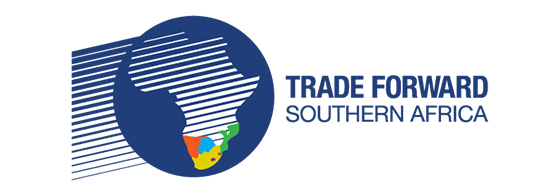
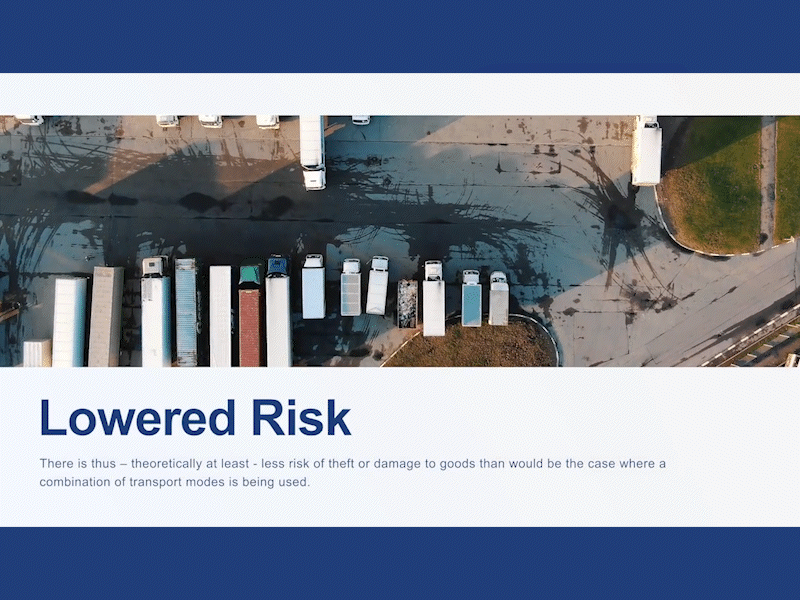
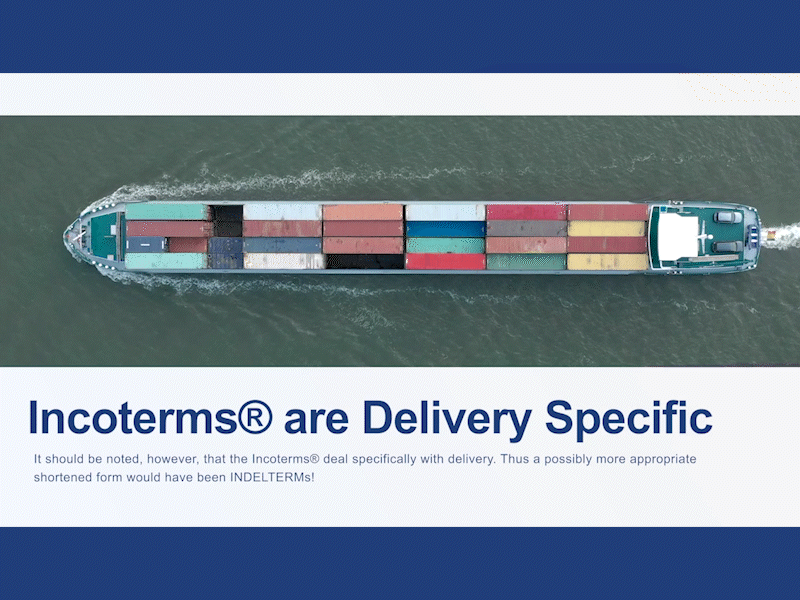
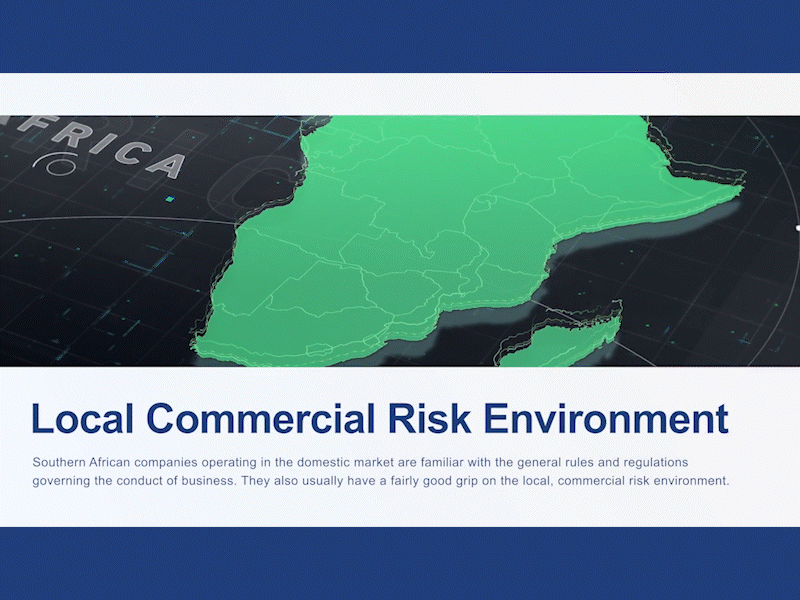
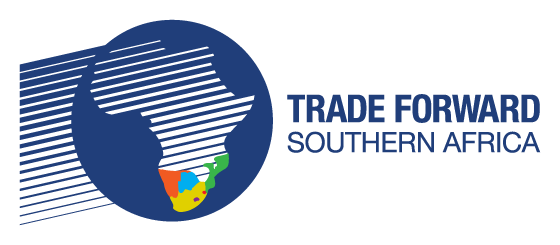





Leave a Reply